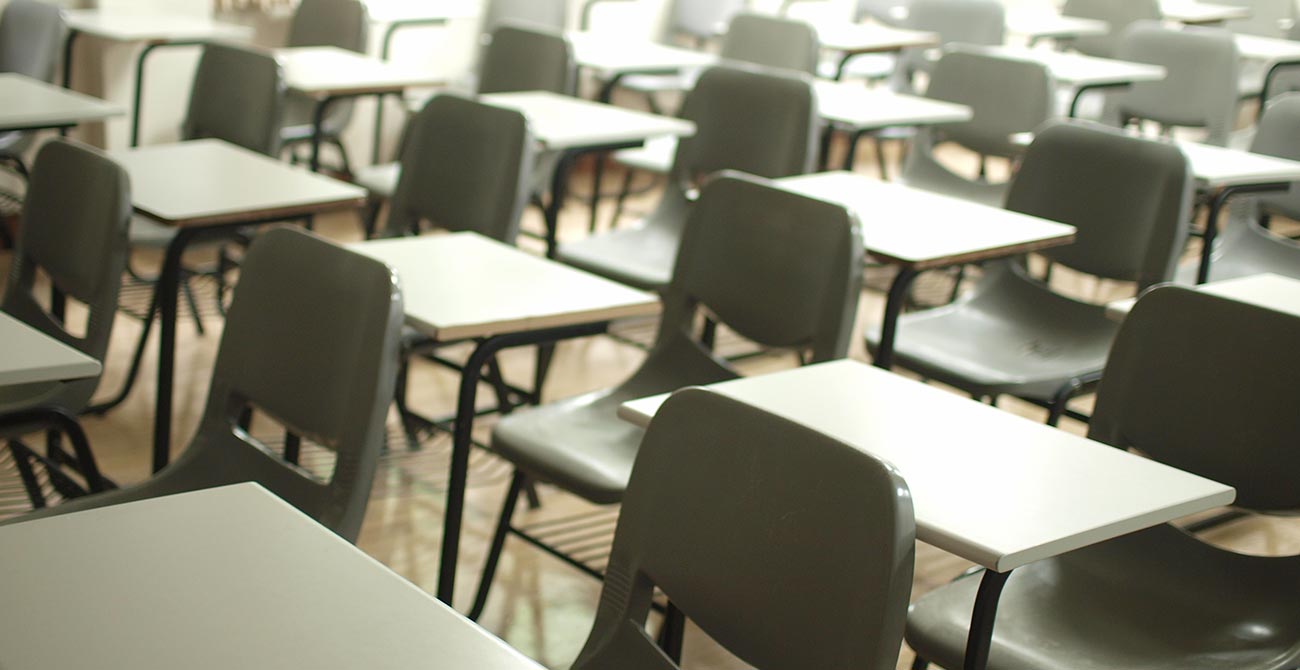
Questions to Ask When Considering a Special Needs Classroom for Your Child
By Mona Tadayyon
MA | ABA | MBA | ICBA | BCBA
For any parent, a child’s first day of school is exciting, unforgettable, and nerve-wracking, all rolled into one. And if your child has special needs, it feels even more overwhelming.
A child’s journey through the educational system is different from others. It is difficult as a parent to rest assured that they are safe in a new environment. How much recess time would he get? What would his teacher do if he had a meltdown?
If your child is sensitive to sounds, it is normal to ask how loud would it get with twenty or thirty kids packed in a classroom? Would he be allowed to take breaks?
Your concerns for your child are likely quite different from others, but special education classrooms are designed to meet a range of needs.
Every school approaches the setup and arrangement of classrooms differently. There are schools where there is an autism unit and others are mixed with neurotypical students.
The general advice is to start the process of selecting a school for your child as early as possible, at least six months before your child begins school.
Special needs classrooms are not created equal, and just because a classroom is special needs does not mean it’s the right fit for your child. Never be afraid to keep looking until you find the one that is. It’s hard when your child is young and still developing, but pay attention to how they learn: Are they visual, are they verbal, are they experiential, that will help you find the right curriculum and make sure they are being challenged.
It is also important to ask the right questions
Here are four essential questions to ask when you’re considering a classroom or program:
What is the ratio of adults to children in the classroom?
Most special education classrooms have a much smaller ratio so teachers can better attend to the needs of individual students.
Is there a possibility to pull my child out of the classroom if it is not suitable for them?
While your child may spend most of their day in a special education classroom, many schools have programs where service providers, come into a general education classroom to work with a student one-on-one. Students can also be pulled out of the special ed classroom for select classes to join their neurotypical peers for part of the day.
How often will my child be with their neuro typically developing peers?
Special education can be great for addressing a child’s academic needs, but it can also be socially isolating. Find out what opportunities exist to mingle. Recess? Lunch? Specials like art or library?
What are the main focuses of the curricula, and will my child be sufficiently challenged by this?
Will your child primarily focus on core curricula or the prerequisite skills necessary to move to a general education classroom, like washing hands and matching identical objects? often set the bar low for children with special needs to ensure they don’t regress on goals.. You are the best judge of whether your child is being challenged enough — or too much.
What is the classroom set up, and are there qualified special education teachers?
Special education teachers are equipped to deal with a range of behaviors. But if your child is prone to acting out, gauge how they will handle that — and how they will communicate about it.
You’ll also want to ask about seeing a special education classroom firsthand. Many are equipped with accommodations like wobble chairs or weighted vests for kids with sensory issues. And if you’re looking at private schools, look into their accreditation, which can be an indicator of a school’s performance.
It would also be a good idea to consider shadow teachers in the classroom. Shadow teachers are important because they provide valuable support to students with learning difficulties. Besides getting to know the specific student to which they’re assigned, shadow teachers also become familiar with the student’s classroom, coursework and family. Some duties shadow teachers provide are: follow an individualized education plan for your child, develop behavior management strategies, encourage your child to communicate with their peers, monitor interactions between your child and their peers. You can find out more about REACH Shadow Teaching service here. (video reference)
Remember that your child will be spending most of their day there, so it is important to ensure that they are in the best environment to help their development.
References
What Makes for the Best Special Needs School? https://www.ourkids.net/school/best-special-needs-schools
Top 10 Things to Look for in a School for a Special Needs Child. https://childmind.org/article/top-10-things-to-look-for-in-a-school-for-a-special-needs-child/
5 Questions to Ask When Considering a Special Needs Classroom. https://www.elemy.com/studio/autism-and-education/special-needs-classroom/


